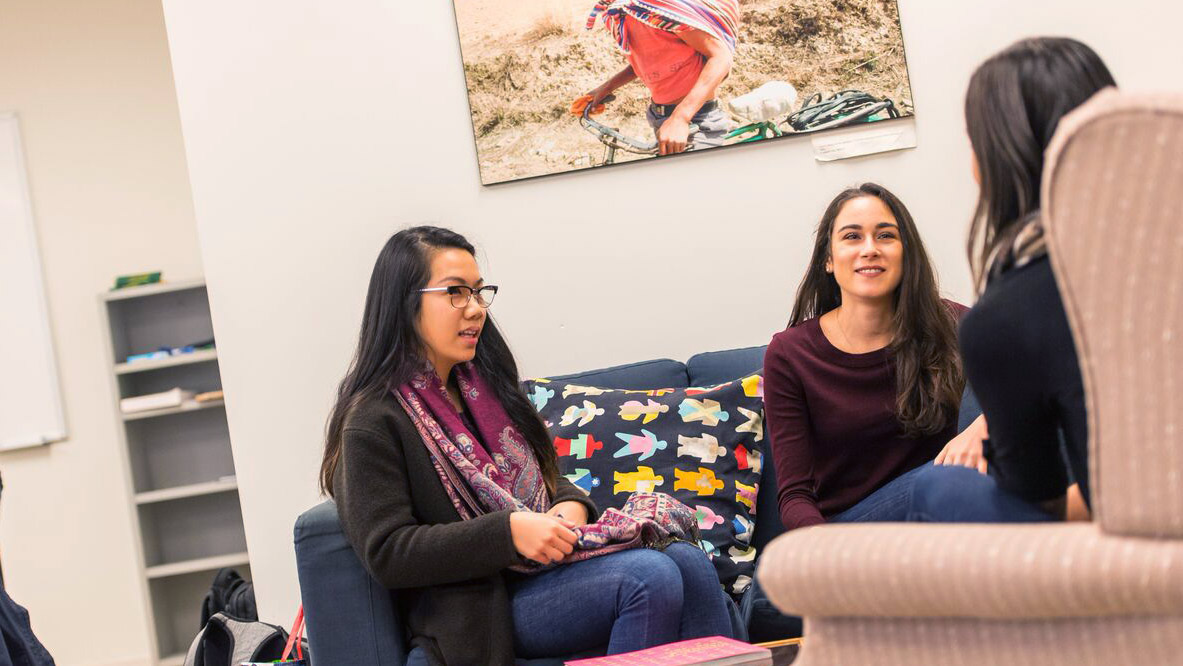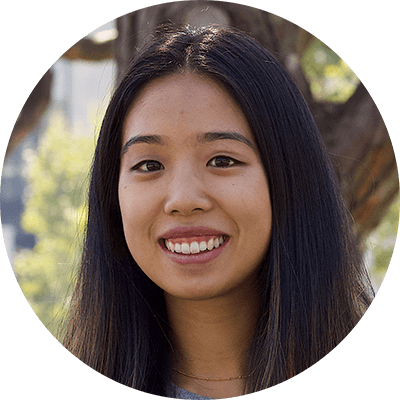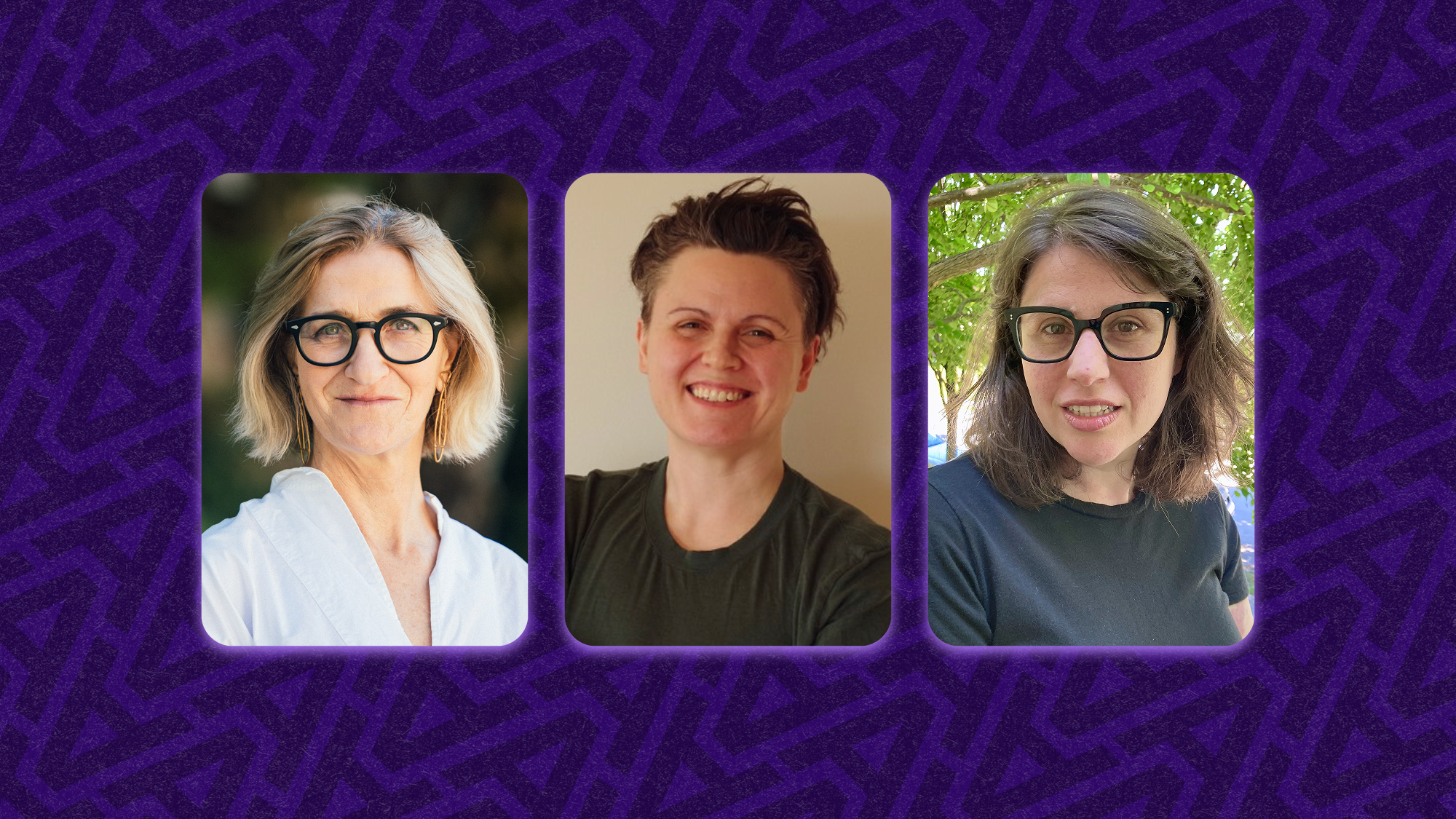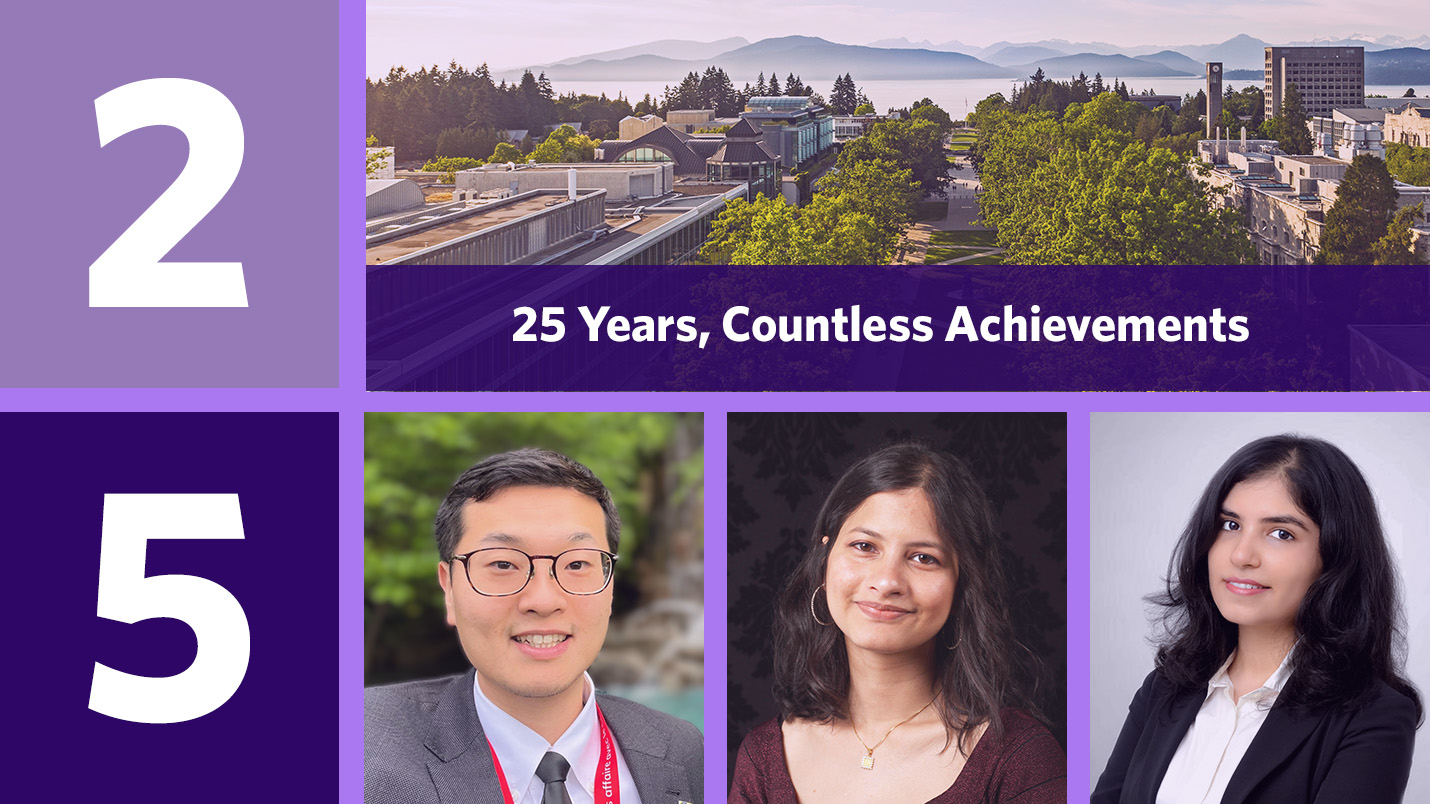

By The Office of Regional and International Community Engagement. This story was written by Christina Fung, a UBC Arts grad, former ORICE participant, and former Program Coordinator for ORICE.
Looking for opportunities to apply your learning towards understanding and engaging with complex global issues? These upcoming Winter Term 2 programs and courses offered by ORICE provide you a chance to develop skills and experience related to your studies, and bridge the gap between academia, civil society and the world around us.
The Office of Regional and International Community Engagement (ORICE) offers a wide range of programs and courses that focus on what it truly means to build collaborative, trust-based relationships with communities and to address complex challenges.
I first engaged with ORICE by participating in an academic international service-learning program in 2019. I was near the end of my geography degree at UBC, reflecting on what my degree meant to me and the things I cared about. A friend introduced me to ORICE and it was there that I found the space and discussion I was looking for.
ORICE has been the most fruitful learning experience I’ve had in university. It allowed me to apply the cumulation of learning that had taken place throughout my degree, prompting me to think critically about the world around me and question my own learning and experiences.
Through my placement with SELCO Foundation in India, I had the opportunity to witness and apply the concepts and theories learned in the course. I was able to gain perspective on how knowledge is produced or shaped for different people and how collaborative community development can truly be. It prompted me to think critically about the world around me, question my own learning and experiences, and made me realize I want to be a part of a community that is doing meaningful work and tackling complex challenges.
“Participating in an ORICE program has been the most fruitful learning experience I’ve had in university. It allowed me to apply the cumulative learning that had taken place throughout my degree.”
ORICE offers two primary types of programming:
- Academic immersive placement programs include community-based projects that are tailored to the learning outcomes of a specific for-credit course. These include community-based international immersive opportunities which range between 4 to 12 weeks in length.
- Academic integration and assignments include experiential learning community-based projects that may make up just one assignment or portion of a curricular course. This will include community engagement, but the assignment/portion will be completed as part of the course you are enrolled in, here in Vancouver.
Have I piqued your interest? Deadlines to apply for opportunities in Winter Term 2 are approaching!
Academic Integration and Assignments
PPGA 391A: Human Rights in a Globalized World
Open to undergraduate students from all programs.
This course takes an interdisciplinary lens to exploring the theory and practice of human rights work in a globalized world. Students will learn the opportunities and impediments in rights-based work, and will participate in experiential learning activities. Through case studies and examples from different disciplines, students will better understand the diverse and increasingly complex body of human rights work. The combination of interdisciplinary approaches and experience with specific human rights situations and cases will enable students to acquire knowledge in the application of human rights to their research as well as the practical skills needed to work with human rights organizations. The course offers a unique opportunity for students to gain hands-on experience in the field of human rights work by working with a community partner.
SOCI 290: Global Pandemics
Open to undergraduate students from all programs.
This second-year Sociology course explores the subfield of disaster studies. Students examine the ways social inequalities affect groups’ abilities to anticipate, cope with, and recover from disasters. The course focuses in part on COVID-19, as well as historical pandemics and other types of disasters that intersect with pandemics, including the climate and opioid crises. As part of the course for one assignment, students collaborate to complete a Community Partner Interview Synthesis. Each team interviews a non-profit organization that has supported vulnerable communities in responding to and recovering from COVID-19 or other disasters.
Academic Immersive Placement Programs
SOWK 440/571J: Global Mental Health (International Course)
Open to all social work students with a BSW standing or a MSW standing by January 2024.
This course offers an international community-based learning opportunity in Nairobi, Kenya to ground the concepts of global mental health in a specific non-western context. Students will be partnered with local mental health organizations to observe and learn from local experts. This course will be taught by Dr. Mohamed Ibrahim and will run over 4 weeks in May 2024 and will include community-based attachments.
Interested in learning more about opportunities with the Office of Regional and International Community Engagement, from academic & co-curricular programs and funding opportunities to events?




